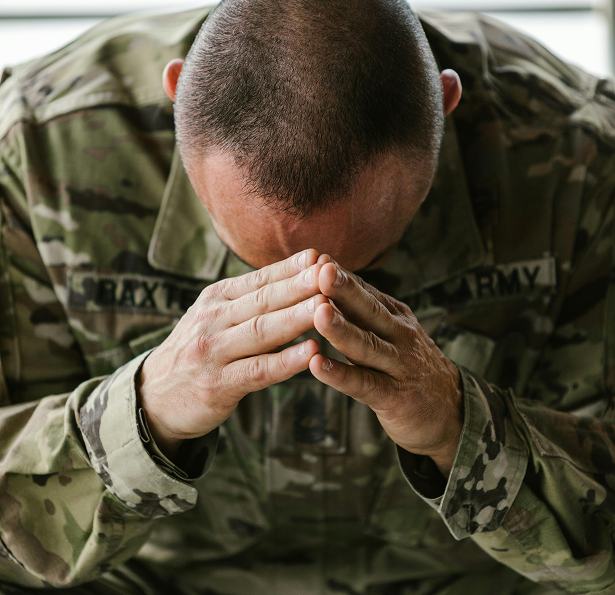Trauma & PTSD

What Is Trauma and PTSD?
Trauma is the emotional and physiological response to deeply distressing or overwhelming experiences that exceed our ability to cope. These experiences might include accidents, abuse, loss, medical emergencies, birth complications, or ongoing stress. Trauma lives in the body as much as the mind—and even long after the event has passed, it can continue to impact how we think, feel, and relate to the world.
Post-Traumatic Stress Disorder (PTSD) develops when these effects become persistent and disruptive to daily life. You don’t have to have a formal diagnosis to be living with trauma. This includes birth trauma, which may occur during a difficult or frightening labour and delivery experience and can leave lasting emotional and physical effects.
Common Symptoms of Trauma & PTSD
Trauma and PTSD can look different for each person, but common signs include:
- Flashbacks or vivid, distressing memories
- Emotional numbness or difficulty feeling connected
- Trouble sleeping or frequent nightmares
- Heightened startle response or hypervigilance
- Avoidance of people, places, or situations that feel triggering
- Strong emotional reactions to seemingly minor events
These symptoms can show up suddenly or build over time, especially when trauma has gone unprocessed.


How We Help Treat Trauma & PTSD
At Maribel Ayala Psychotherapy and Consulting, we specialize in treating trauma from a compassionate, body-informed lens. We understand that healing from trauma isn’t just about retelling your story—it’s about helping your nervous system feel safe again.
We use a combination of evidence-based approaches including:
- EMDR Therapy to process traumatic memories and reduce emotional distress
- Brainspotting and Somatic Experiencing to release trauma held in the body
- Deep Brain Reorienting (DBR) to work with the earliest physiological responses to trauma
- Clinical Hypnotherapy and mindfulness-based tools to support self-regulation and inner safety
Whether you’re healing from complex trauma, childhood trauma, recent trauma, or birth trauma, we’ll move at a pace that feels safe, supported, and aligned with your needs.
Tips for Managing Trauma Outside of Therapy
While therapy offers a foundation for deeper healing, here are a few ways to care for yourself between sessions:
- Create a safety routine: Surround yourself with calming, familiar objects or scents
- Use grounding techniques: Engage your senses to reconnect with the present (e.g. cold water, textured items, deep breathing)
- Limit exposure to triggering media: Be mindful of what you consume and how it affects your nervous system
- Journal or draw: Express thoughts or feelings that feel hard to say out loud
- Practice self-compassion: Remind yourself that healing is not linear and your responses are valid
- Reach out for support: You don’t have to navigate this alone—connection is a key part of recovery
Healing from trauma is possible, and we’re here to walk with you every step of the way.

